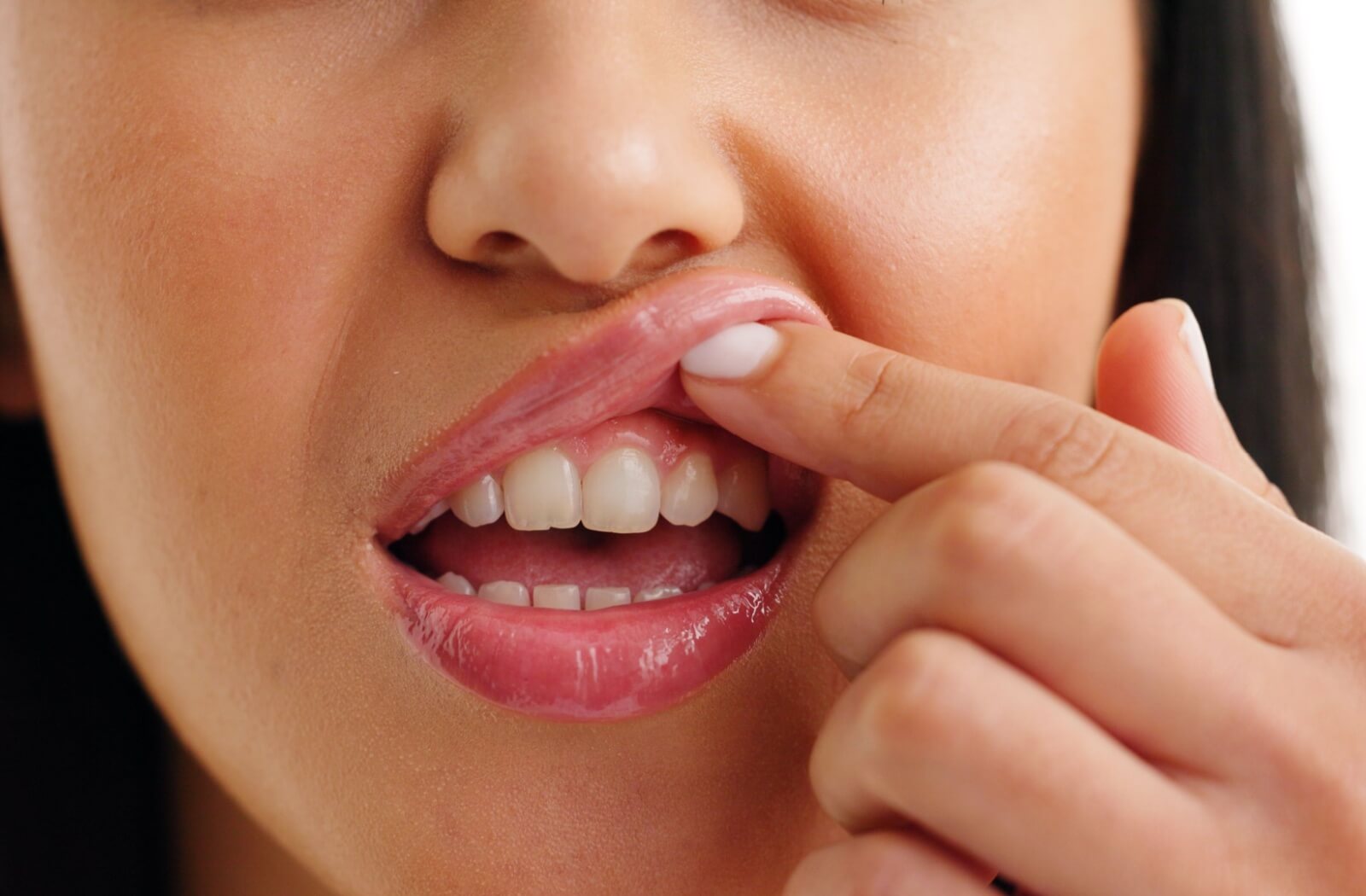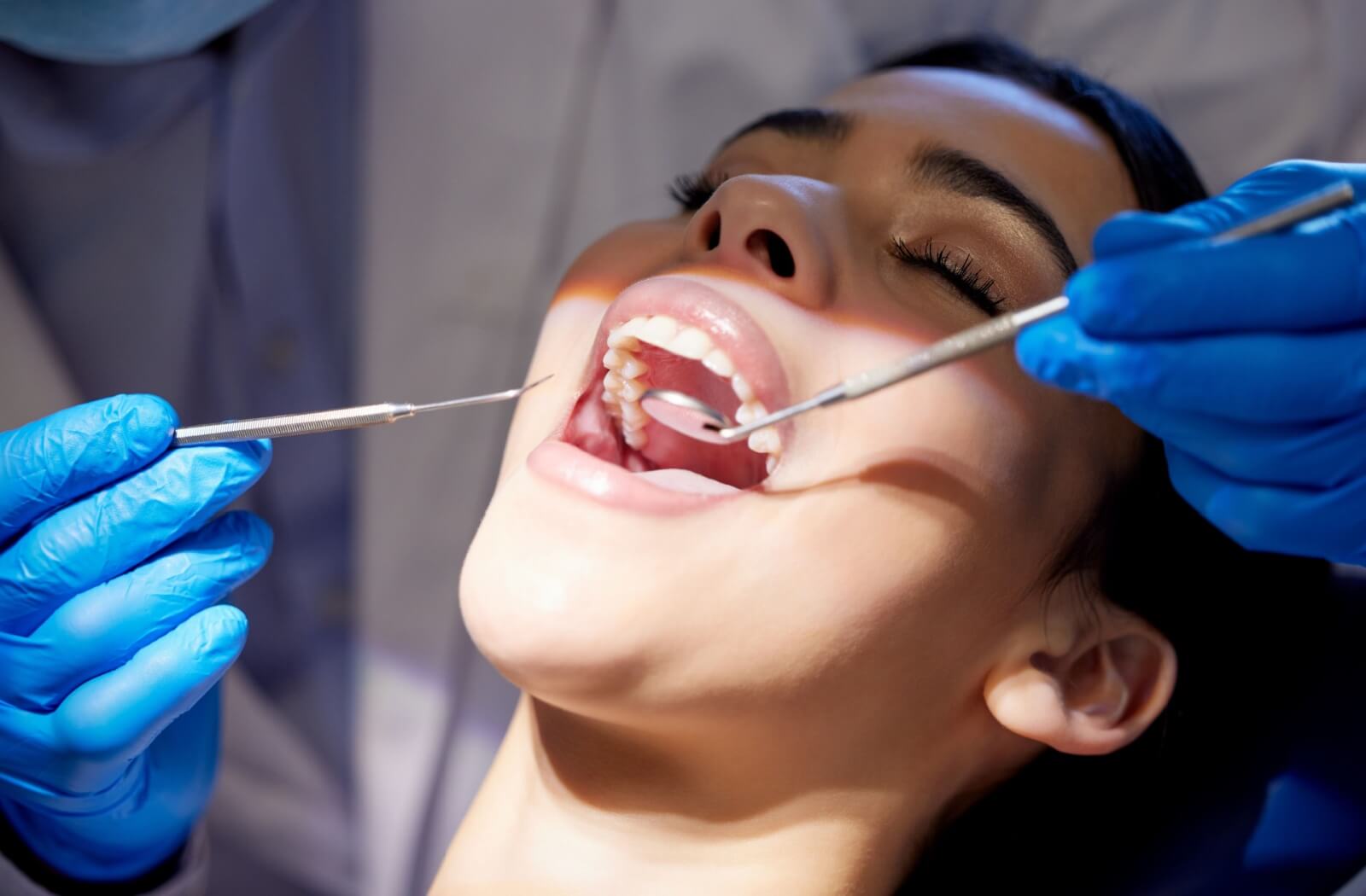

Help is Only a Call Away
Upper Gage Dental Centre is committed to responding to dental emergencies quickly and effectively. Our team is equipped to deal with common types of dental emergencies and has the knowledge and experience to make sure that you are being diligently cared for.
If you believe you are having a dental emergency, contact us right away.
What is a Dental Emergency?
A dental emergency describes a range of different conditions that affect your teeth and overall oral health. Common dental emergencies include toothaches, broken or chipped teeth, and loose fillings. These conditions will typically cause immediate discomfort and pain, and should be treated as soon as possible.
If you think you are currently experiencing a dental emergency, do not wait until the next day to seek treatment—contact Upper Gage Dental Centre right away so our team of professionals can effectively treat your issue.
Common Dental Emergencies
Toothaches
If you are experiencing mouth pain, and believe you have a toothache, contact Upper Gage Dental Centre right away. A toothache may be a sign that you have an abcessed tooth, which can require draining the abcess, pulling the tooth, a root canal procedure, or a prescription for antibiotics.
Your dentist will be able to determine the cause of your toothache upon your visit and suggest the most effective treatment method available to you. If your condition is not severe, our team can also suggest over-the-counter pain medication that will help ease your discomfort.
Chipped or Broken Teeth
Chipped or broken teeth may require fillings, crowns, root canal treatments, or dental implants. Contact us right away if you have a chipped or broken tooth so you and your dentist can discuss a solution that will work for your specific situation.
Knocked-Out Teeth
If you get a tooth knocked out, contact Upper Gage Dental Centre as soon as possible. We may be able to reattach and seal your tooth if you are able to come into our office quickly; if not, you may need to get an artificial replacement tooth.
If it is safe, thoroughly rinse your tooth and try to put it back into its original place. There is a chance that the tooth will take root again, but the chances are slim after about 2 hours after receiving the injury.
Loose Fillings
If a filling comes loose, contact our practice as soon as possible. You can use a piece of soft, sugarless gum in the spot where the filling has become loose while you wait to be treated.

How to Prevent Dental Emergencies
There are few preventative measures you can keep in mind if you want to avoid a dental emergency:
- Try to avoid eating hard foods quickly.
- Do not use your teeth as tools. Avoid opening things with your teeth.
- Use proper safety equipment when playing sports or doing manual labour. Mouthguards are essential for any athlete playing contact sports.


Our Location
Our Address
- 1000 Upper Gage Ave, Unit 11
- Hamilton, ON L8V 4R5
Contact Us
- Phone: 905-387-3610
- Email: [email protected]
Centre Hours
- Monday: 9:00 AM – 5:00 PM
- Tuesday: 9:00 AM – 8:00 PM
- Wednesday: 9:00 AM – 5:00 PM
- Thursday: 9:00 AM – 8:00 PM
- Friday: 9:00 AM – 5:00 PM
- Saturday: 9:00 AM – 3:00 PM
- Sunday: Closed

Our Dental Services
Our Google Reviews

Is Gum Disease Transmittable?
Gum HealthHowever, the bacteria that cause gum inflammation can be passed from one person to another through saliva. […]
Why Are My Teeth Yellow When I Brush Them Every Day?
Dental CareDental Exams & CleaningsThe truth is that factors beyond your brushing routine can also affect the colour of your teeth, from the foods you eat to your own genetics. […]
What to Expect During Dental Exams?
Dental ExamsDental HealthA dental exam is a comprehensive check-up where your dental team carefully reviews your oral health, listens to your concerns, and works with you to maintain a healthy smile. […]
Is Gum Disease Transmittable?

However, the bacteria that cause gum inflammation can be passed from one person to another through saliva. […]
Why Are My Teeth Yellow When I Brush Them Every Day?

The truth is that factors beyond your brushing routine can also affect the colour of your teeth, from the foods you eat to your own genetics. […]
What to Expect During Dental Exams?

A dental exam is a comprehensive check-up where your dental team carefully reviews your oral health, listens to your concerns, and works with you to maintain a healthy smile. […]







